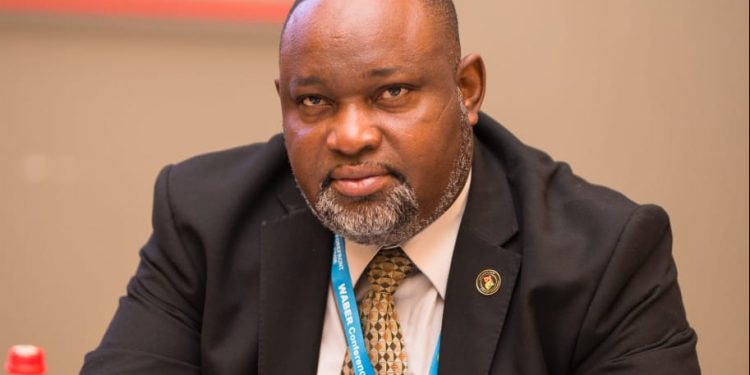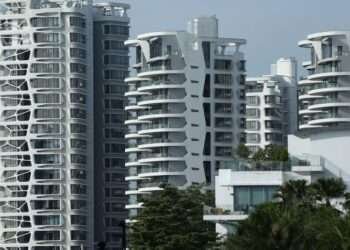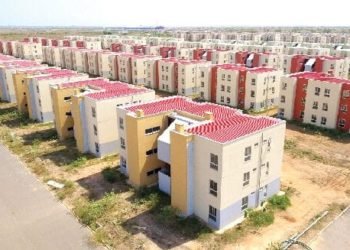Samuel Amegayibor, the Executive Secretary of the Ghana Real Estate Developers Association (GREDA), has called on government to devise innovative ways of halting money laundering in the real estate sector.
Speaking in an interview, he revealed that the surge in money laundering cases, if not tackled, will deter prospective investors.
Mr. Amegayibor explained that to address the issue, the Housing Minister has to wade in to address the challenge.
“Those people who are into money laundering are creeping into our sector. And when a genuine businessman wants to secure a loan from a Western country… the application can be rejected. So, it’s going to affect foreign direct investment flow into the country if we don’t work on it. Because they are going to screen us with eagle eyes to ensure that this money that’s being given to us is not going into terrorism financing.
“So, we have to open our eyes and it falls under the Ministry of Works and Housing. Because the law that is supposed to regulate the activities of real estate is the one which has just been passed, which is the Real Estate Agency Act 2020, Act 1047”.
Real Estate Authority Act
Government passed the Real Estate Authority Act 2020 into law in November last year. In light of this, the law will regulate real estate agency practice and the conduct of real estate practitioners.
Similarly, it will regulate commercial transactions in real estate including the sale. It also covers the purchase, rental, and leasing of real estate, as well as other real estate transactions.
The law also establishes the Real Estate Agency Council to license real estate brokers, issue real estate transfer certificates and monitor the performance of the brokers.
A memorandum of the bill underscored the need to regulate real estate agency services to rid the industry of fraud.
The regulations also tackle laundering of illegal income and tax evasion. This is to minimize the effect of these vices on the national economy and the image of the country internationally.
Track down money laundering
In March this year, GREDA sought governmental support to track down illicit financial flows into the housing sector.
President of the Association, Patrick Ebo Bonful, explained that the request for support was based on a recent evaluation report on the sector. The report highlighted the real estate sector as the weak link to anti money laundering activities.
He further averred that the situation could have a negative impact in combating money laundering and terrorist financing.
Mr. Bonful believes that the association can device measures to reduce the blight, particularly with respect to financial support.
“We just need the logistical support to be able to do a proper tracking and monitoring of such people. All this has to do with money.
“Installation of critical technological devices and the manpower will need some support. So we believe that if the relevant stakeholders come together to give us the necessary push, we can fight this canker”.
The former Minister of State for Works and Housing Dr. Freda Prempeh, revealed that the Ministry was working on relevant regulations to address the concerns.
Read Also: Ghana Maritime Authority takes pragmatic step to regulate the Fishing Industry





















